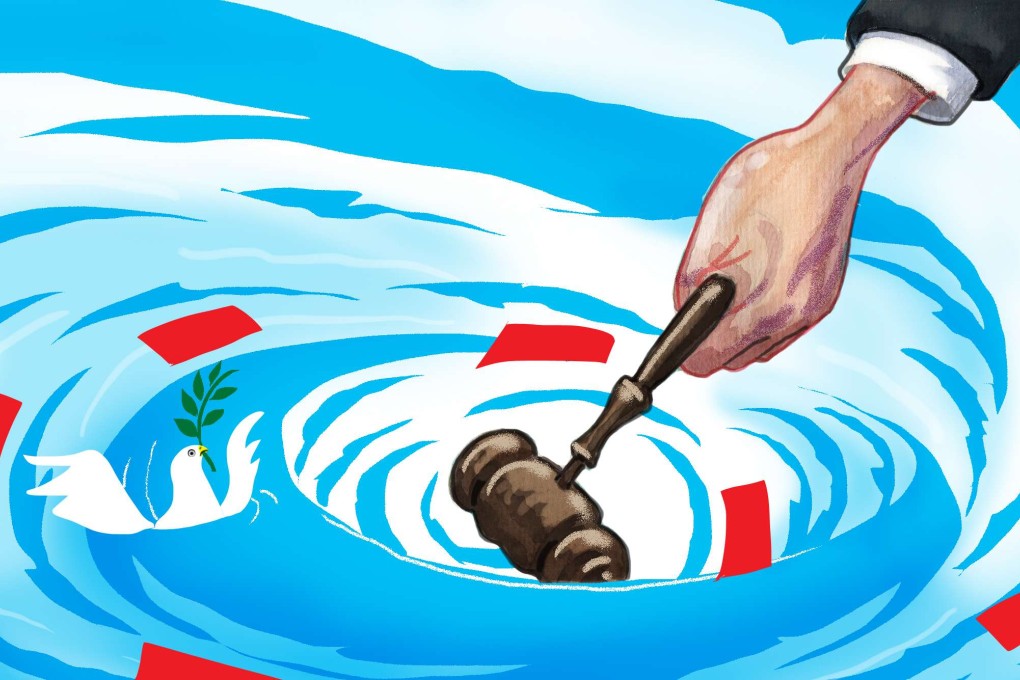A UN ruling against China won’t help resolve the South China Sea dispute with the Philippines
Xu Xiaobing says the tribunal must see reason and realise that the dispute is beyond its jurisdiction; a decision against Beijing will only harden positions on both sides, impeding negotiations


While the world anxiously awaits the tribunal’s final decision in The Hague, the case may not develop as either side thinks it will.
China must ready for military conflict in South China Sea, says state-run tabloid
For China, it is like a ticking time bomb. Beijing has harshly criticised the case as a “political conspiracy” and a “violation of international law” itself. However, today, the consequences of the arbitration result may not be all that negative for Beijing. No matter how bad the result, the case has forced China to think much harder about its legal claims in the South China Sea on the basis of international law in general and the law of the sea in particular.
Indeed, there has never been a moment in the history of China’s engagement in the ocean when so much attention, debate, research and resources have been devoted to the law of the sea issues by China. Given that its ambitions have grown far beyond the South China Sea, it is a very useful exercise. Confronting and fighting this uphill legal and political battle will bring long-term benefits for China.
For the Philippines, even with the best possible legal aid from a top-notch Western team and the seeming political backing of the US and others, the impact of the arbitration result may not be all that positive.
